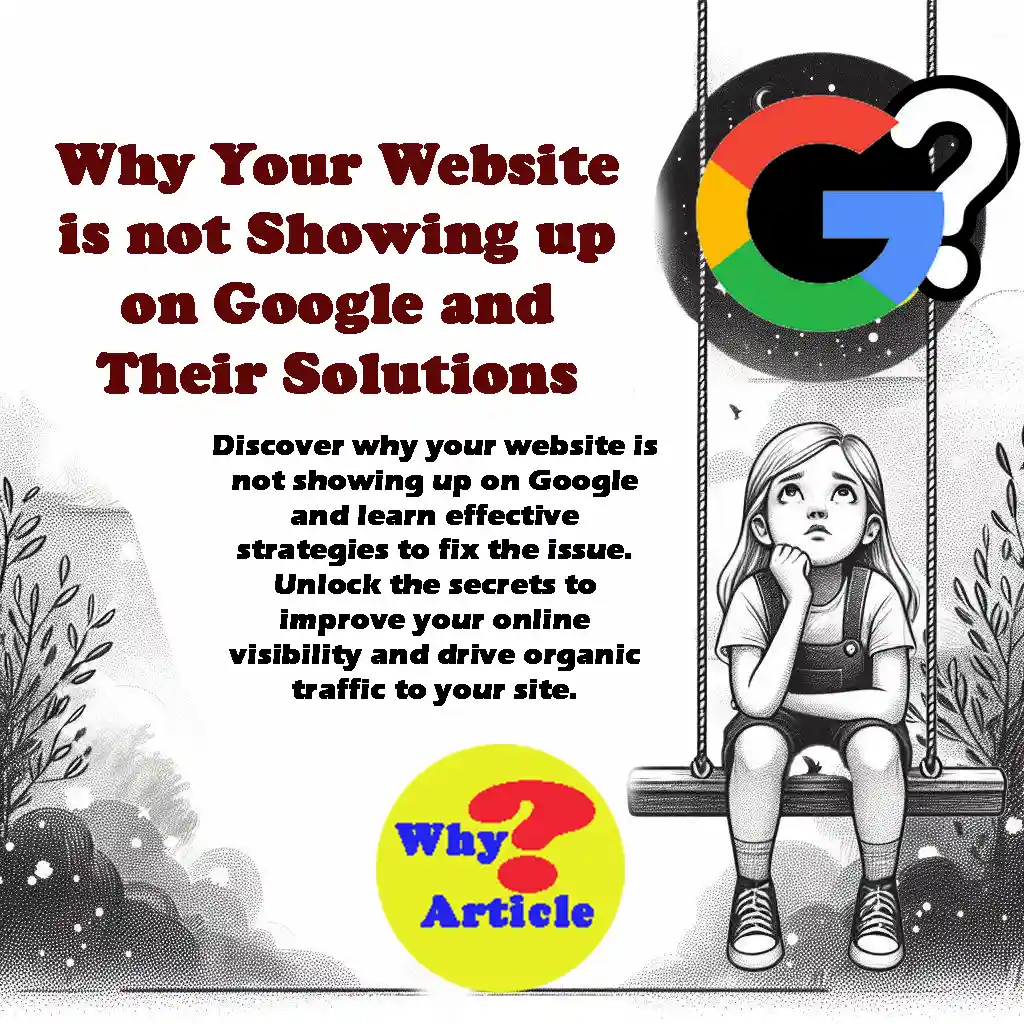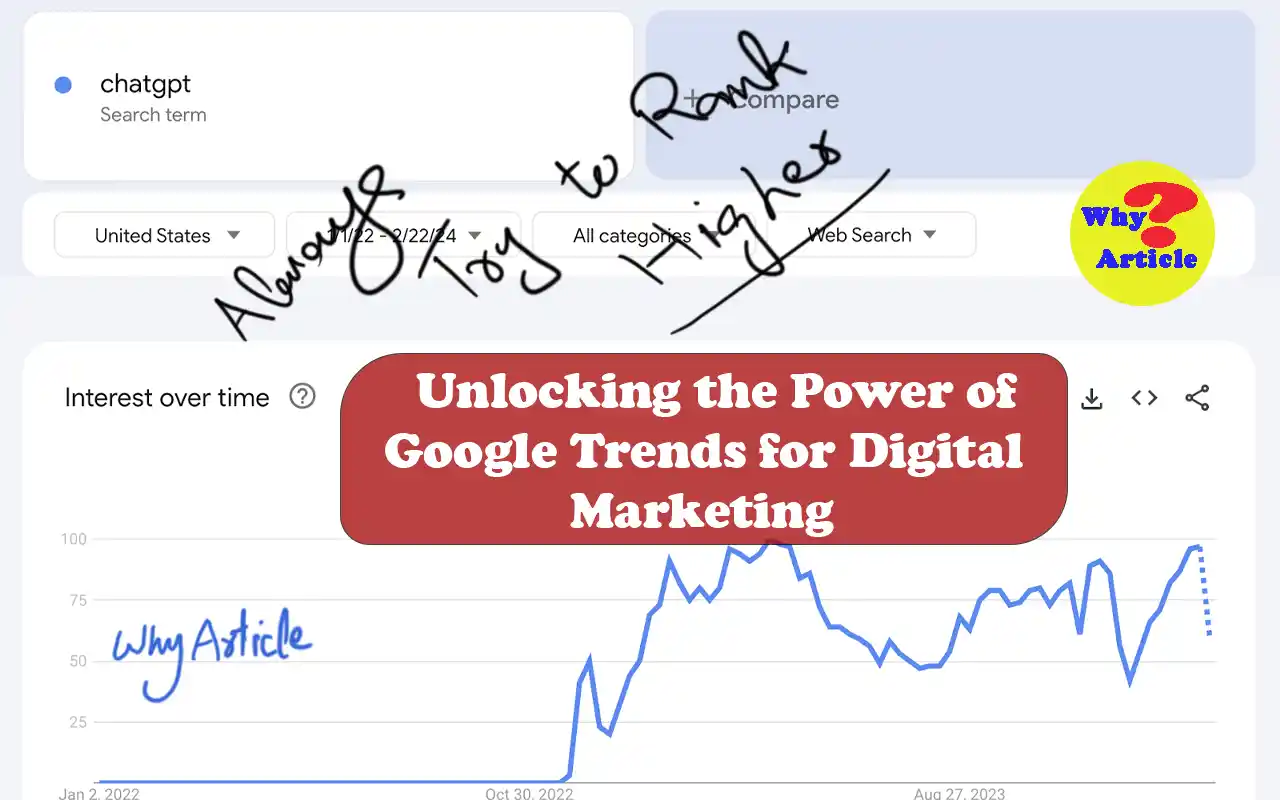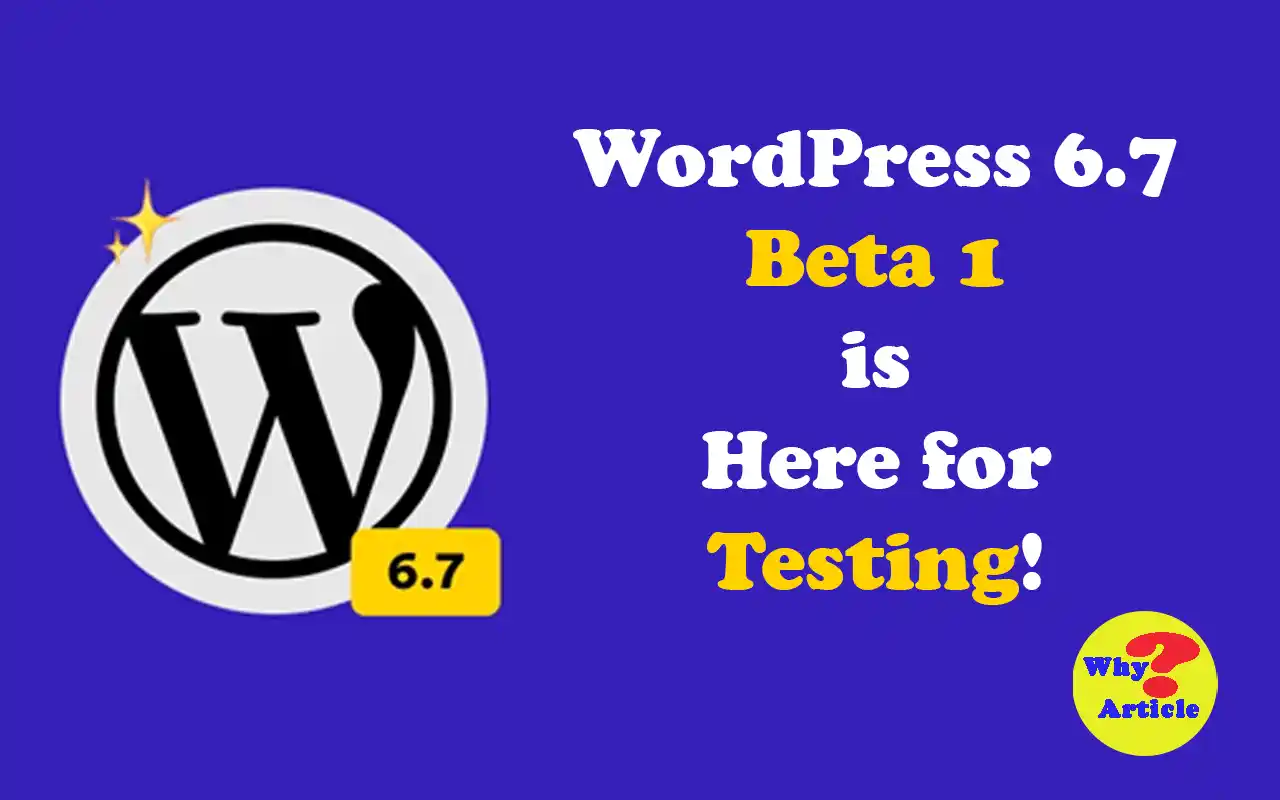Unveiling the Mystery Behind Your Website's Absence from Google's Search Results
In today’s digital landscape, visibility on search engines like Google is paramount for the success of any website. Yet, despite your best efforts, you find your website is not showing up on Google search results.
Don’t worry, as we delve deep into the core reasons behind this enigma and provide actionable solutions to propel your website to the top ranks of Google’s search results.
1. Your Website’s Newness May Be the Culprit
The journey to Google’s index begins with the recognition of your website’s existence. If your website is relatively new, Google may not have discovered it yet.
To ascertain whether Google is aware of your website, perform a simple search using the “site:yourwebsite.com” command. If Google yields results, your website has been acknowledged.
However, if not, it’s time to submit a sitemap via Google Search Console to expedite the discovery process.
2. The Menace of “Noindex” Tags
Many website owners are unaware that using “noindex” meta tags can prevent Google from indexing their site.
These tags, embedded within the HTML code, instruct search engines not to index specific pages, rendering them invisible in search results.
Make sure you don’t accidentally use “noindex” meta tags on your website, especially when you’re still working on it.
Read Also: Maximize Your Earnings: 10 Proven Google AdSense Strategies for Enhanced Website Monetization
3. Robots.txt: Friend or Foe?
A misconfigured robots.txt file can inadvertently block Google’s crawlers from accessing your web pages, leading to exclusion from search results.
A thorough examination of your robots.txt file is imperative to ensure it doesn’t obstruct vital content.
Remove any directives impeding Google’s crawl, thereby opening the floodgates to search visibility.
4. The Power of Backlinks in Google’s Eyes
Backlinks serve as a vote of confidence in the eyes of Google’s algorithm.
Insufficient backlinks from authoritative sources may hinder your website’s ascent in search rankings.
Conduct a backlink analysis to gauge your website’s backlink profile against competitors, and embark on a strategic link-building campaign to enhance your website’s authority.
Also: AdSense Application Rejected? A Comprehensive Guide to Getting AdSense Approval
5. Unraveling the Concept of “Page Authority”
Google’s ranking algorithm, underpinned by PageRank principles, bestows significance upon pages with robust internal and external linkages.
To evaluate your page’s URL Rating (UR) vis-à-vis your competitors, you can follow these steps:
- Access a reliable SEO tool like Ahrefs.
- Sign in or create an account if necessary.
- Enter your website’s URL or the specific page URL you want to evaluate in the search bar.
- Explore the different metrics and data provided by the tool.
- Look for the URL Rating (UR) metric, which indicates the strength and authority of a specific page’s backlink profile.
- Compare the UR of your page with that of your competitors’ pages.
- Take note of any significant differences in UR scores between your page and your competitors’ pages.
- Analyze the URLs and pages with higher UR to understand the potential reasons for their stronger backlink profiles, such as the number and quality of backlinks they have.
- Use this information to identify areas for improvement in your own link-building strategy and backlink acquisition efforts.
- Continuously monitor and track the changes in UR scores over time to gauge the effectiveness of your SEO efforts and compare your progress with your competitors.
Remember that while UR is an important metric, it’s not the only factor to consider when evaluating your page’s performance against competitors. Other factors like content relevance, user experience, and on-page optimization also play crucial roles in determining search engine rankings.
Augmenting your page’s authority through strategic link-building endeavors can catalyze its ascent in search rankings.
6. Deciphering the Domain Authority Conundrum
While the debate rages on regarding the prominence of domain authority in Google’s ranking algorithm, empirical evidence suggests its pivotal role in certain contexts.
Analyze your website’s Domain Rating (DR) and also of competitors to discern potential barriers to search visibility.
Boost your website’s authority through judicious link-building strategies tailored to your niche.
7. Aligning Content with Search Intent
Google focuses on aligning search results with what people are looking for.
Analyze the top-ranking pages for your target keywords to collect data insights into user expectations.
Tailor your content to mirror searcher intent, thereby enhancing its prospects for favorable ranking outcomes.
8. Taming the Specter of Duplicate Content
Duplicate content poses a daunting challenges to Google’s indexing process, diluting the authority conferred upon singular pages.
Conduct a meticulous audit to identify instances of duplicate content and promptly institute canonicalization measures to consolidate authority and avert potential ranking penalties.
9. Uncovering the Shadow of Google Penalties
If websites don’t follow Google’s guidelines, they might be penalized by Google.
Distinguish between manual and algorithmic penalties, leveraging tools like Google Search Console and Panguin to discern fluctuations in organic traffic.
Hire a professional to help you follow Google’s guidelines and ensure your website doesn’t get penalized.
Conclusion
To ensure your website doesn’t get penalized by Google and ranks well in search results, it’s important to follow their guidelines. Hiring a professional who understands these guidelines can make the process easier for you.
By doing so, you increase your chances of success and improve your website’s visibility online.
Frequently Asked Questions
The timeframe for indexing varies, but proactive steps like submitting a sitemap can expedite the process significantly.
Absolutely. Canonicalization is a robust technique that consolidates authority while mitigating the adverse effects of duplicate content.
Sudden drops in organic traffic often signal the presence of a penalty. Consult with SEO experts to formulate a comprehensive remediation strategy tailored to your website’s needs.





Your point of view caught my eye and was very interesting. Thanks. I have a question for you.